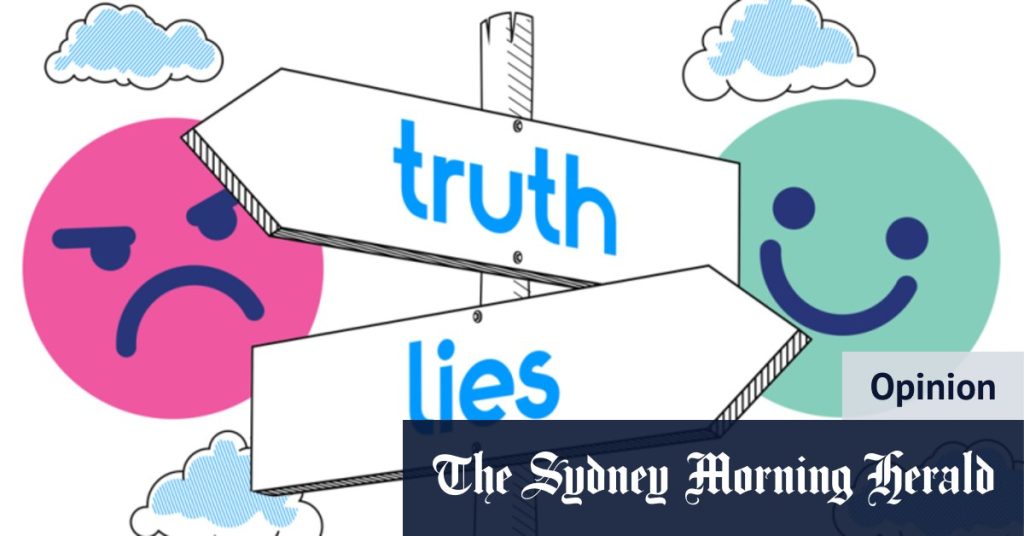The author recounts a humorous anecdote about a friend purchasing a pair of unflattering shorts, and the subsequent fallout when the author is caught in a white lie about liking them. Despite feeling pressure to be honest, the author found themselves trapped in a situation where telling the truth seemed like a death wish. The friend eventually caught on to the deception, leading to a confrontation and an argument about the validity of white lies. However, the author argues that white lies play a crucial role in maintaining relationships and social harmony, even citing a research paper on the benefits of prosocial lying. Despite this, the friend remains adamant that all lies are equally unacceptable.
The author reflects on the prevalence of white lies in everyday interactions, highlighting the way they can smooth over social situations and prevent unnecessary conflict. From pretending to share interests with family members to avoiding hurt feelings by feigning enthusiasm, white lies are often employed as a way to protect relationships and maintain a sense of harmony. The author suggests that while authenticity is valued in modern society, there are times when the truth can be more damaging than helpful, and a well-meaning falsehood can be a kinder alternative.
Following a disagreement over a pair of ill-advised shorts, the author and their friend reconcile, with the author promising to refrain from telling white lies in the future. Despite the tensions that arose from the incident, the friendship is ultimately preserved, showing the importance of compromise and understanding in maintaining relationships. The author invites readers to explore more of their work and engage with them on social media, emphasizing the role of humor and personal anecdotes in their writing style.
In a world where honesty is often praised as a virtue, the author suggests that there is still a place for white lies in social interactions. While the friend in the anecdote vehemently opposes any form of deception, the author argues that compassion and empathy can sometimes justify bending the truth for the greater good. Through humor and introspection, the author explores the complexities of human relationships and the ways in which small lies can sometimes be a necessary part of maintaining harmony and peace.
The story serves as a lighthearted exploration of the role of white lies in interpersonal communication, painting a vivid picture of the awkwardness and humor that can arise from trying to navigate the delicate balance between honesty and kindness. By sharing a personal experience of being caught in a white lie, the author invites readers to reflect on their own experiences with deception and the ways in which small untruths can sometimes be a necessary part of social interaction. Ultimately, the story reinforces the idea that relationships are built on trust, but that trust can sometimes be strengthened by the occasional white lie.
In conclusion, the author’s tale of ShortsGate serves as a humorous reminder of the complexities of human interaction and the delicate dance between honesty and kindness. While the friend in the story remains steadfast in their belief that all lies are unacceptable, the author suggests that white lies can sometimes serve a valuable purpose in preserving relationships and preventing unnecessary conflict. Through wit and self-deprecation, the author navigates the pitfalls of deception and reconciliation, ultimately finding a way to mend the rift caused by a well-intentioned falsehood.


